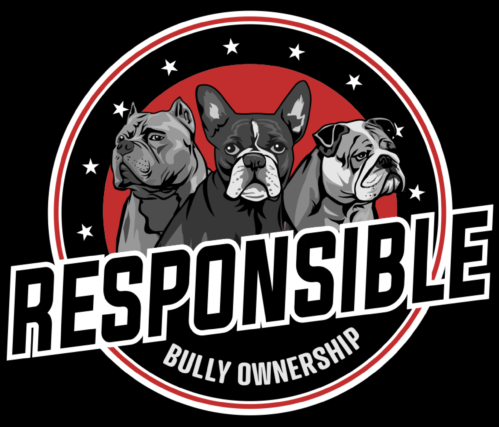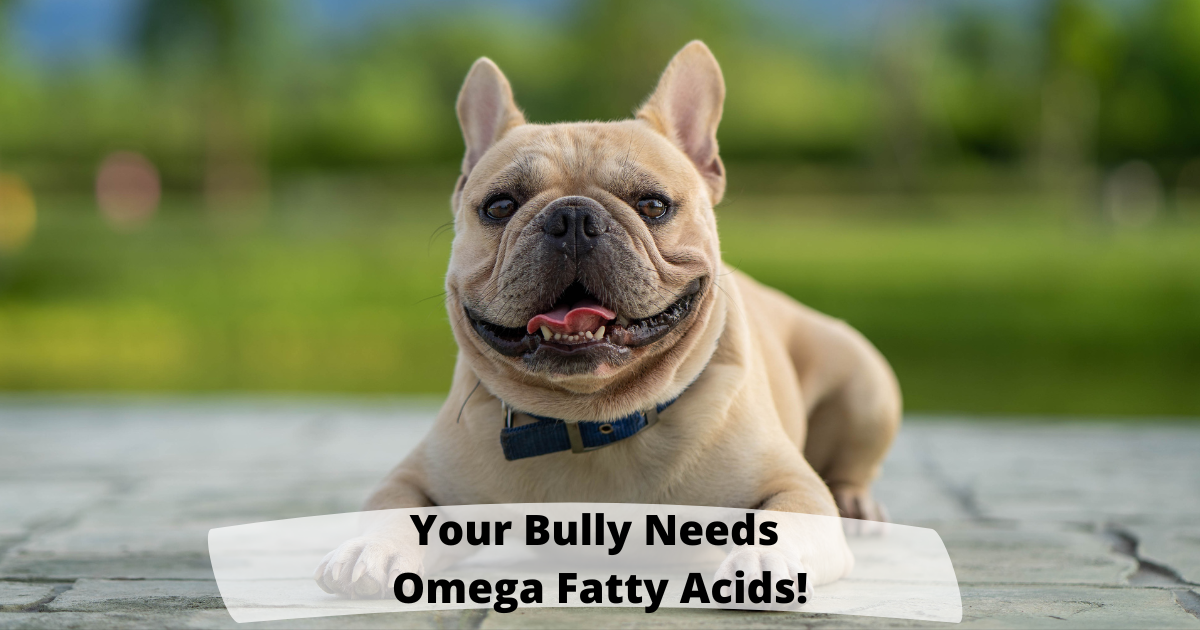There are a few signs that a dog may be lacking omega fatty acids in their diet:
Dry, itchy skin: Omega fatty acids help to maintain healthy skin and a shiny coat. If a dog is lacking these fats, they may have dry, itchy skin.
Dull coat: A lack of omega fatty acids can also lead to a dull, lifeless coat.
Inflammation: Omega-3 fatty acids have anti-inflammatory effects, so a deficiency in these fats may lead to increased inflammation in the body.
Immune system problems: Omega fatty acids are important for supporting a healthy immune system. If a dog is lacking these fats, they may be more prone to infections and other immune system problems.
Behavioral problems: In severe cases, a deficiency in omega fatty acids can lead to behavioral problems such as aggression or separation anxiety.
If you suspect that your dog may be lacking omega fatty acids in their diet, it is important to speak with a veterinarian or a pet nutritionist. They can recommend appropriate dietary changes or supplements to ensure that your dog is getting all of the nutrients they need.
Omega fatty acids are important for a dog’s diet because they play a number of important roles in the body. They help to maintain healthy skin and a shiny coat, support the immune system, and may have anti-inflammatory effects. They may also be beneficial for joint health and heart health. There are two main types of omega fatty acids: omega-3 and omega-6. It is important for a dog’s diet to include a balance of both types.
Omega-3 fatty acids are a type of polyunsaturated fat that play a number of important roles in the body. Omega-3 fatty acids such as ALA (Alpha-Linolenic Acid), EPA and DHA are essential. They have anti-inflammatory effects, which can be beneficial for dogs with certain health conditions such as joint inflammation or allergies. Omega-3s can also help to support a healthy immune system, maintain healthy skin and a shiny coat, and may be beneficial for heart health. EPA has powerful anti-inflammatory functions, beneficial in all stages of life, rapid growth, intense exercise/activity, and aging. DHA is essential for cognitive development, and supports brain and eye development.
Omega-6 fatty acids are a type of polyunsaturated fat that play a number of important roles in the body. They are necessary for the proper functioning of cells and are involved in the regulation of various bodily processes. Omega-6s can help to support a healthy immune system and maintain healthy skin and a shiny coat. It is important for a dog’s diet to include a balance of both omega-3 and omega-6 fatty acids. It is important to speak with a veterinarian or a pet nutritionist before adding supplements to a dog’s diet, as the appropriate dosage will depend on the individual dog’s size, age, and health status.
Maximum Bully dog food contains: Omega-6 Fatty Acids 4% and Omega-3 Fatty Acids 0.3%, which is much higher than the minimum requirements and other brands.

